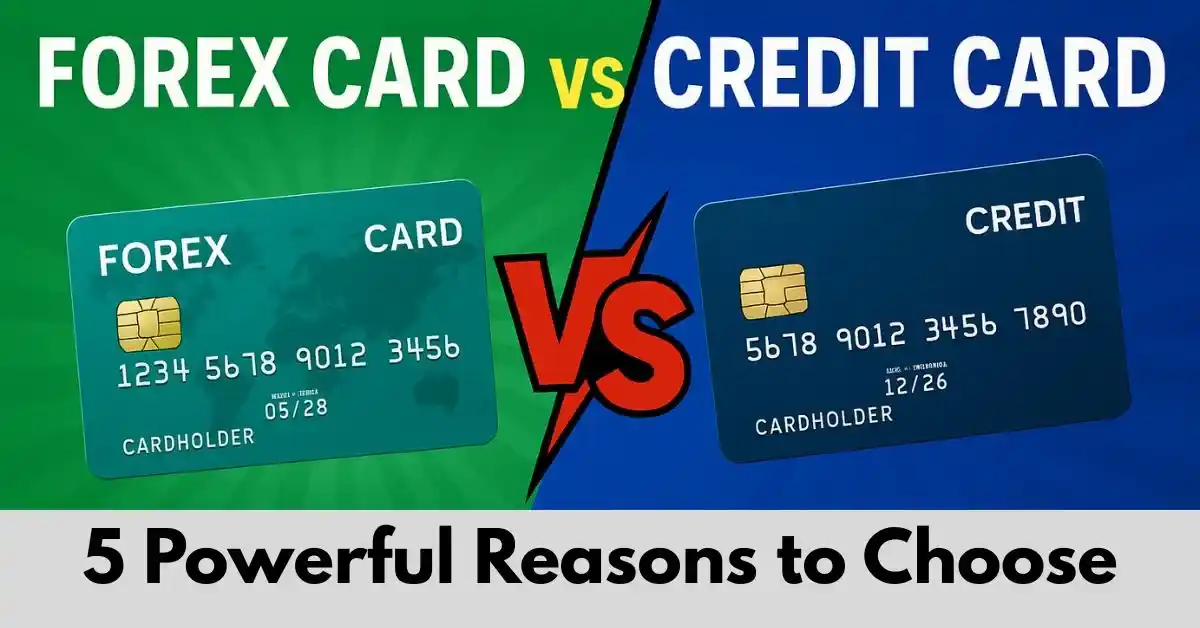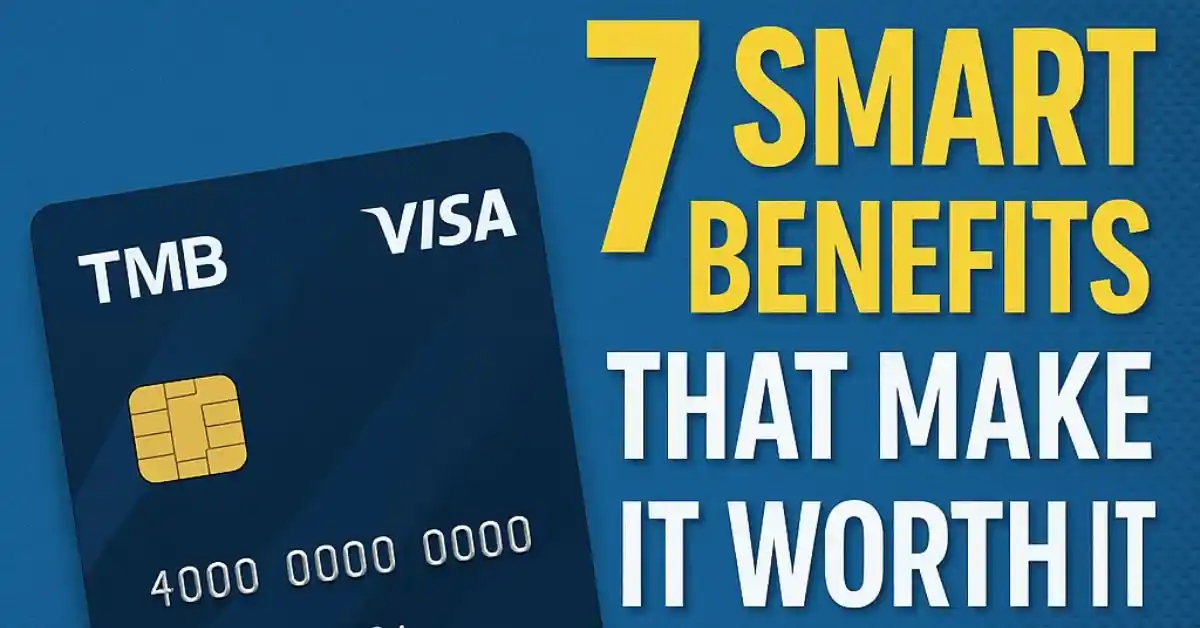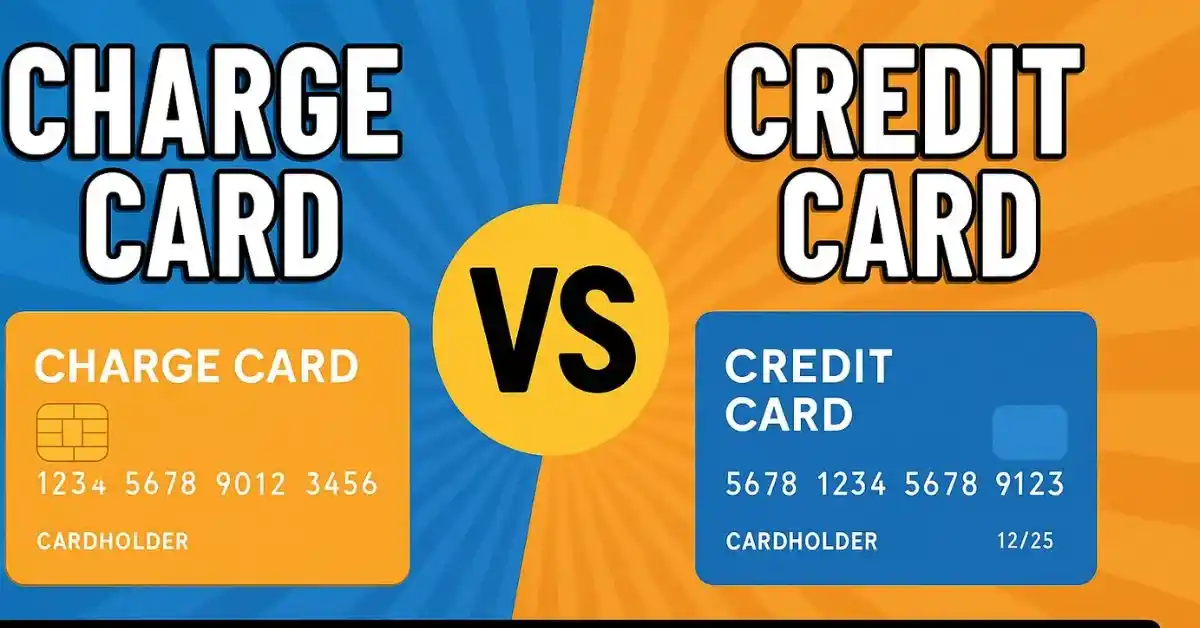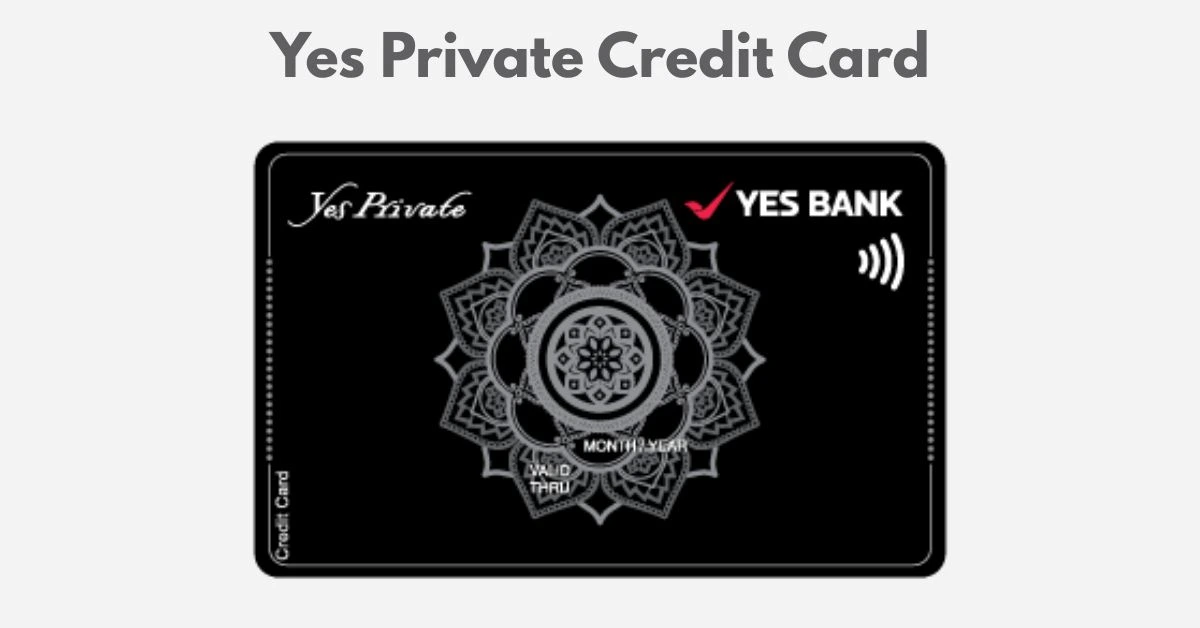Forex Card vs Credit Card: Efficient money management becomes a critical consideration when planning an international trip.
Two popular payment options for travelers are Forex Card vs Credit Card. Both offer comfort and security but vary significantly regarding rates, exchange rates, and overall functionality.
This comprehensive comparison will help you decide the best option for your travel requirements.
Table of Contents
Credit Cards: Global Payment Power
Credit cards provide outstanding comfort for international travelers. Global assumptions remove the need to produce a large amount of money or worry about the invited currency, starting with a prepaid card.
Most international credit cards have robust security features, including real-time transaction warnings, zero protection for unauthorized transactions, and emergency card exchange services. These characteristics settle when you move to unknown areas.
Premium Travel Credit Cards include additional benefits such as free travel insurance, access to the airport lounge, concierge services, and the provision of points or miles for all transactions, supplementing some of your travel expenses.
Cost Considerations: Fees
Forex Card Fee
Forex cards usually include a variety of fees.
- First Card Edition Fee: Usually, there is a one-time fee. If you receive your card for the first time
- Charging/Engraving fee: Add money to your card to apply
- Inactivity fee: Calculated if you do not use your card for an extended period
- Atmosphere payment fee: Applies to overseas when withdrawing cash overseas
- Cross-water transaction fee: If you use your card in an unloaded currency
However, forex cards generally offer better exchange rates than airport and hotel currency exchange meters. It locks the rate when loading cards, protecting you from market fluctuations during your trip.
Credit Card Fee
Credit cards are often delivered at a cost that can be summed up immediately during international travel.
- Foreign transaction fee: Usually 2-3% of each purchase
- Currency conversion markup: Usually installed at exchange rates
- Cash advance: Required fee for ATMS cancellation
- Annual fee: Especially for premium travel credit cards
The real advantage of credit cards is that they have been developed specifically for international travel. Some premium travel credit cards are entirely administered without foreign transaction fees, but higher annual fees may be charged to compensate for this benefit.
Accessibility and Convenience
Forex cards require prerequisites. You will need to apply for a card. Wait until you arrive and load up your currency before your trip. Some banks may even require you to visit branches to personally maintain or reload your Forex card. Most forex cards can be charged online or via a mobile app, but the process is not immediately available and can include processing time.
Credit cards offer excellent comfort. Ready to use the moment of climbing from the plane without requiring a currency load. If costs change during your trip, you can easily continue with your card without reloading. However, this convenience is associated with a substantial limiting card that requires an active Internet connection to process transactions.
Credit cards may not be available in remote areas with low connectivity, regardless of global acceptance.
Security Considerations – Forex Card vs Credit Card
Both payment methods offer robust security features in a variety of ways.
Forex cards limit risk exposure. You will be paid in advance, so the maximum amount you could lose if your card is stolen, the balance may be loaded into your card. Many forex card providers offer fractured bones 24 hours daily to block and organize compromised cards.
Credit cards usually protect your zero home from fraudulent transactions. If your card is lost or stolen, you can report it immediately and avoid liability for non-authorized fees. Many credit card companies also offer emergency card exchange services for travelers.
However, credit cards represent a high theoretical risk. If they compromise, the burglar may notice the scam and increase your credit limit fee before reporting.
Ideal Usage Scenarios
Forex cards shine in some scenarios:
- Budget – A conscious traveler who wants to block exchange rates and limit costs
- Travel to countries where credit card acceptance is limited
- Travelers visiting several countries with different currencies
- People who are careful not to use their overseas main credit cards for security reasons
- Credit cards are particularly advantageous:
- Luxury travelers rating discounts and rewards
- Business travelers who need detailed transaction documents
- Emergencies that require immediate access to funds
- Countries with high credit card acceptance rates
- Large-scale purchases with consumer protection worth it
The Smart Traveler’s Approach
The most strategic approach often combines both payment methods. Wear a Forex card with a large portion of your travel budget for your daily expenses, and carry a credit card as protection for emergencies, large purchases, or situations where Forex cards are not accepted.
Before your trip, you will notify your credit card company via your travel plan to prevent your card from freezing at the moment of your favor. We will also investigate specific fees for your card and card acceptance status in the target country.
Conclusion – Forex Card vs Credit Card
Forex Card and Credit Card are more than just choosing one over the other. It is to understand how all tools can serve different objectives in a travel actor’s financial strategy.
Forex cards offer budget control, blocked exchange rates, and limited risk exposure. It makes it ideal for careful travelers. Credit cards provide unparalleled comfort, great benefits, and emergency spending capabilities, although at a higher cost.
If you understand the strengths and limitations of each option, you can make sound decisions about managing your money while traveling internationally. Experienced travelers often use both tools strategically to enjoy everyone’s best features while minimizing shortcomings.
FAQs For Forex Card vs Credit Card
How is it different from a regular credit card?
Forex Cards are prepaid travel cards specially developed to load foreign currency before travel.
In contrast to credit cards, Forex cards use their own pre-installed money, do not calculate interest, and usually offer better exchange rates with fewer foreign transaction fees.
Can I use my regular credit card overseas instead of receiving my Forex card?
Yes, most credit cards work internationally.
However, you may charge foreign transaction fees (2-3% per transaction), which lowers cheap exchange rates.
Travel – Individual credit cards are often accepted without these fees, but there may be an annual fee.




